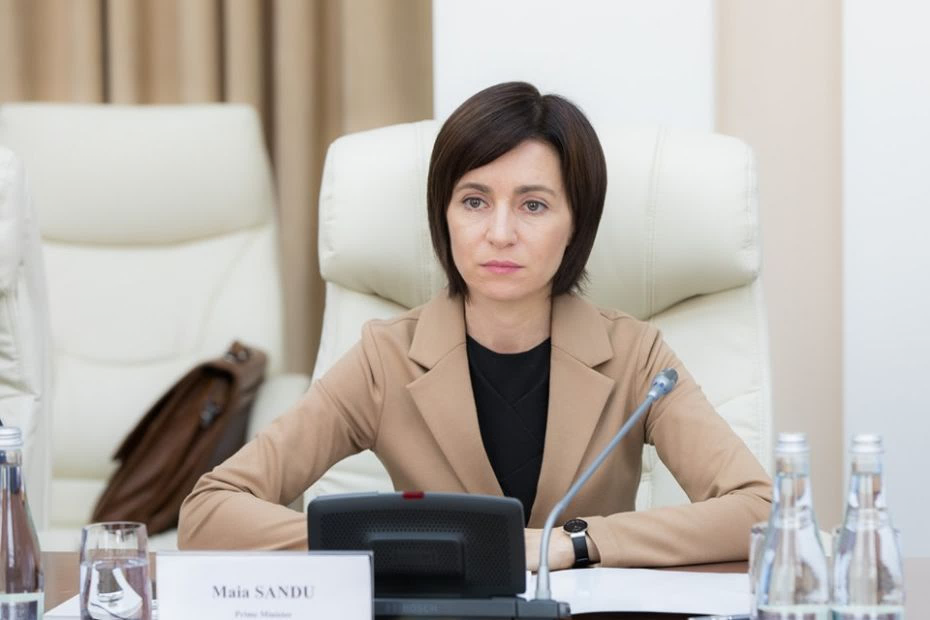ROMANIA MONITOR
Date: 25 July 2019
Moldova’s New Government’s Stance on Transnistria
Prime Minister of Moldova Maia Sandu appealed to the authorities in Tiraspol to lift the travel ban for the representatives of the Moldovan administration. To do so, she asked the representatives of the “5+2” negotiation format (a mediation group consisting of the two conflicting parties and Russia, Ukraine, the OSCE, the EU and the United States) to support Moldova in settling this matter. Maia Sandu stressed that the group should focus primarily on the fight against smuggling and corruption, which are generated from Transnistria. The Moldovan Prime Minister also said that it is necessary to prolong the EU Border Assistance Mission to Moldova and Ukraine (EUBAM). These postulates are in accordance with a declaration of the Head of the OSCE Mission to Moldova, Claus Neukirch, who highlighted the need of securing the territorial integrity of Moldova while respecting the special status of Transnistria.

As regards Transnistria, the actions of the newly-elected Prime Minister of Moldova are aimed at making her party credible to its electorate, which is made up of a pro-European part of Moldovan society. The need to normalise relations with Transnistria is imperative for Moldova if it wants to strengthen the pro-European policy which the ACUM Bloc represented by the Prime Minister intends to pursue. Resolving the conflict with Transnistria seems a much harder task for the current government than it was for the previously ruling Democratic Party of Moldova (PDM). The current ruling coalition of the pro-European ACUM Bloc and the pro-Russian Party of Socialists of the Republic of Moldova does not have a clearly defined strategy on Transnistria.
Support Us
If content prepared by Warsaw Institute team is useful for you, please support our actions. Donations from private persons are necessary for the continuation of our mission.
The potential federalisation of Moldova with Transnistria, in which Tiraspol would be granted the right of veto in the matters of foreign policy, would probably mean the blocking of Moldova’s European integration project. Representing a pro-European vector in the country’s foreign policy, Maia Sandu seeks to establish clear principles of dialogue with Tiraspol, which would most likely result in attempts to democratise the political system in Transnistria. The PSRM, which strives to implement a pro-Russian course in Moldova’s foreign policy, may lead to the strengthening of the dialogue with Tiraspol, especially through President Dodon who is trying to build partner relations with the administration in Transnistria. It seems, however, that the inclusion of Transnistria in Moldova’s internal policy circle may prove to be detrimental to the PSRM in the long run. The Transnistrian authorities, which not only hold a strong position inside Moldova, but also have Moscow’s trust, may turn out to be a political rival for both Igor Dodon and the PSRM within the pro-Russian political bloc.
All texts published by the Warsaw Institute Foundation may be disseminated on the condition that their origin is credited. Images may not be used without permission.














